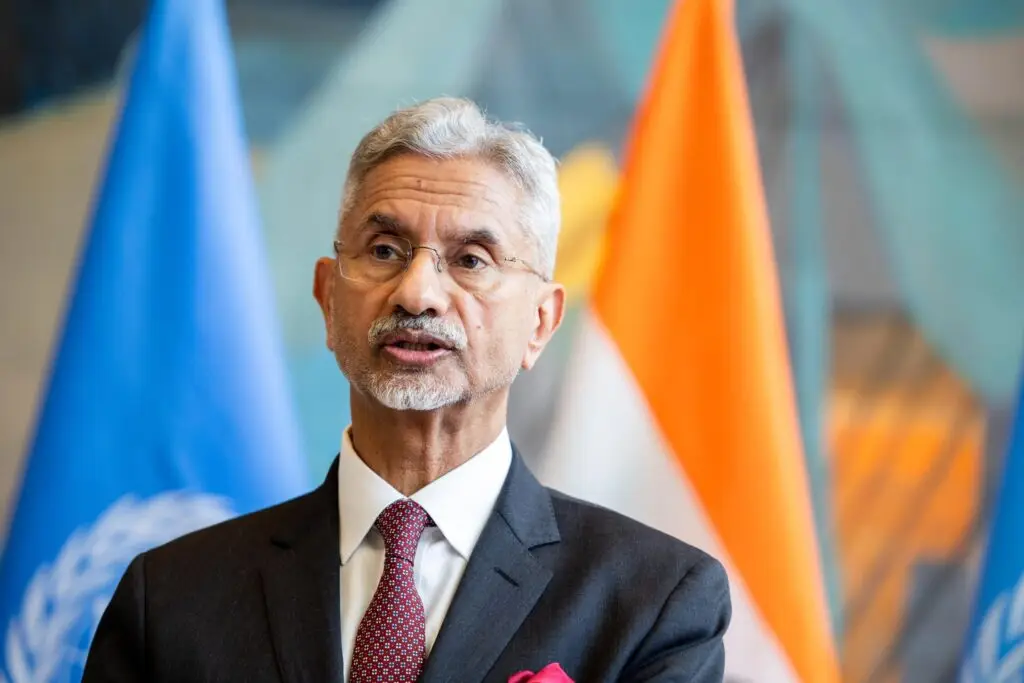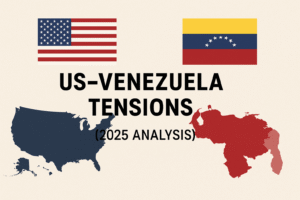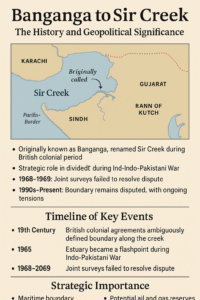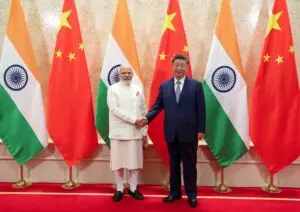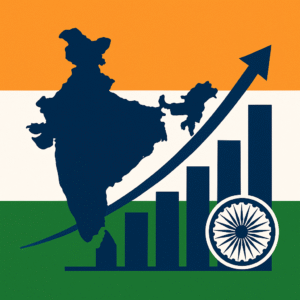India has stepped into a new era of diplomacy with clarity and confidence. Recent remarks by External Affairs Minister Dr. S. Jaishankar highlight this change. He made it clear that India will not compromise its sovereignty, whether it’s about purchasing petroleum or handling global relations. His strong response to questions about U.S.-Pakistan ties further underlined India’s evolving role as an independent global power.
This blog explores Dr. Jaishankar’s statements, their meaning in today’s geopolitical context, and the lessons they hold for the world.
India’s Petroleum Purchases and Sovereignty
One of the most striking statements from Dr. Jaishankar came when he addressed questions about India buying petroleum from sources the West disapproved of. Some nations, especially the U.S., expected India to fall in line. But Jaishankar’s answer was bold: India is a sovereign country and will not change its foreign policy under pressure.
This wasn’t just about oil. It was about dignity, independence, and prioritizing national interest. For a country with more than 1.4 billion people, affordable energy is a necessity, not a choice. By refusing to bow to outside expectations, India set an example of how a developing nation can protect its interests without fear.
U.S.-Pakistan Relations: A Lesson from History
The conversation then moved to America’s improving relations with Pakistan. Dr. Jaishankar’s response was sharp and rooted in history. He reminded the U.S. of the 9/11 attacks, which killed over 2,000 people. The mastermind behind it, Osama bin Laden, was found living in Abbottabad, Pakistan.
Despite being an “ally” in the war on terror, Pakistan was secretly harboring the man responsible for America’s greatest tragedy. When the U.S. finally eliminated him, Pakistan accused America of violating its sovereignty. This contradiction, pointed out by Jaishankar, highlighted how fragile and opportunistic U.S.-Pakistan ties have always been.
By bringing this up, Jaishankar urged America to rethink its decisions and not repeat past mistakes.
India’s Message to the World
Dr. Jaishankar’s statements are not isolated they reflect a broader philosophy shaping India’s foreign policy. The message is clear: India is no longer a passive player. It is an independent voice that will not be dictated to.
Key Takeaways:
- Energy Security First: India cannot risk shortages for the sake of pleasing others.
- Strategic Autonomy: India will not blindly align with any global power bloc. Partnerships are chosen based on national interest.
- Calling Out Hypocrisy: By reminding the U.S. about Osama and Pakistan, India exposed the contradictions in American foreign policy.
Why the World Is Paying Attention
India’s strong and unapologetic stance has caught the world’s attention. Many countries in Asia, Africa, and Latin America see India as an inspiration. These nations also face pressures from bigger powers, and India’s example shows them how to assert sovereignty without isolating themselves.
For the U.S., Jaishankar’s reminder was a reality check. Short-term gains from working with Pakistan must be weighed against the long-term risks of trusting a country with a history of supporting extremism.
India as a Voice of the Global South
India’s rise is not just about U.S. relations—it reflects a larger role. From climate change talks to technology agreements, from energy to defense, India is standing up for developing nations. Dr. Jaishankar’s words show that sovereignty and self-reliance are the foundation of true diplomacy.
By holding its ground, India encourages others to resist unfair pressures. In a
YOU Can Watch Here –https://x.com/DrSJaishankar/status/1959141653039493163

